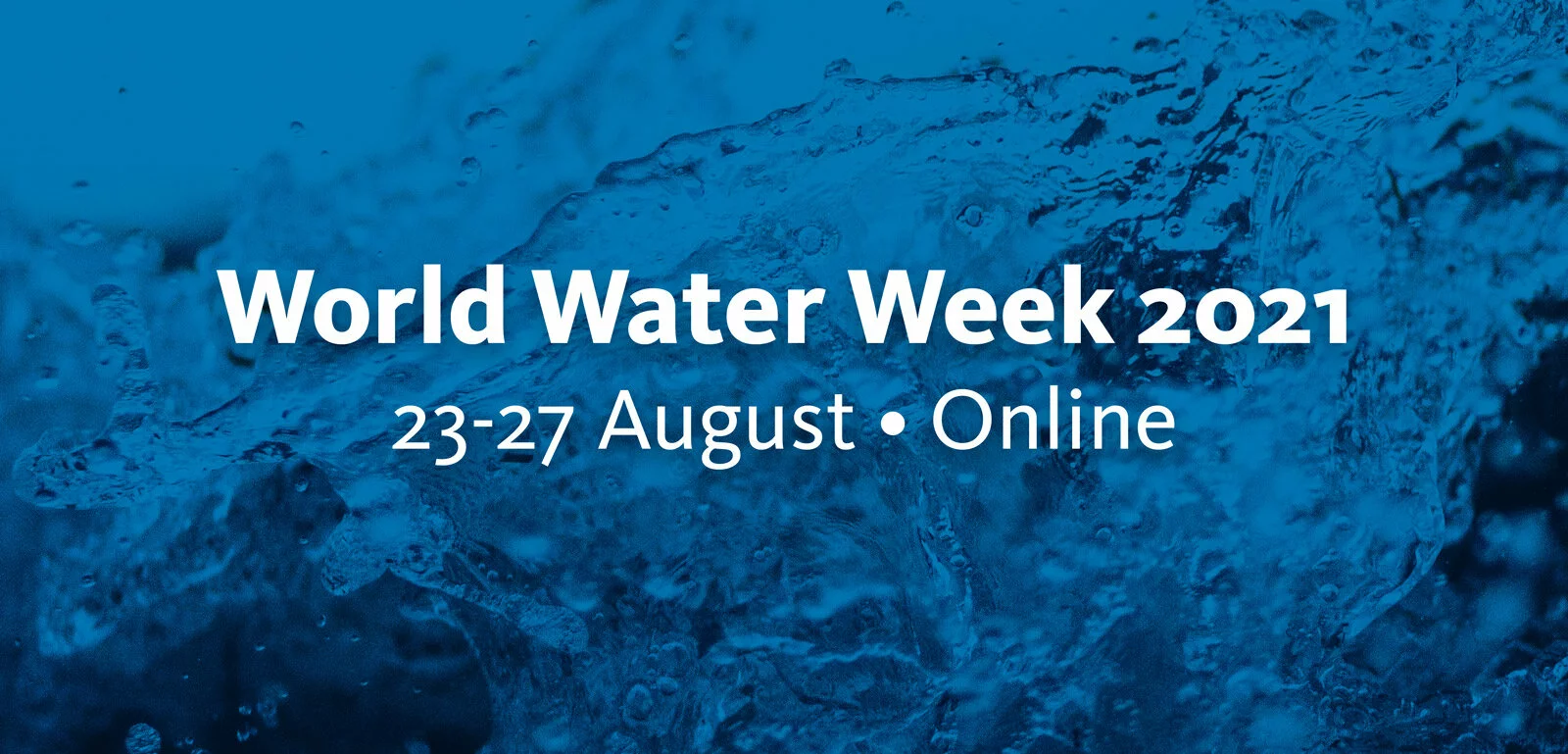Safe Water Network at World Water Week 2021
Safe Water Network presented key findings on the resiliency of community-based safe water enterprises at Stockholm International Water Institute’s World Water Week 2021. Our sessions included team members and partners representing North America, Africa, Europe, and Asia.
Safe Water Network and USAID presented insights on evidence-based strategies for City Water Balance Planning from a partnership with the Hyderabad Metropolitan Water Supply and Sewerage Board.
The CWBP e-toolkit is a decision support system tool that can be used by municipalities worldwide to address water security holistically through data-driven solutions.
Access the toolkit (code: swn2021)
Poonam Sewak, Vice President for Program & Partnerships of Safe Water Network India, said, “Carefully executed City Water Balance plans direct cities toward a circular economy on the concept of ONE Water, bringing in the benefits of social equity, building climate resilience, and environmental sustainability.”
Safe Water Network and Envicom Corporation demonstrated a tool in development that utilizes Geographic Information System (GIS) as a cost-effective risk assessment tool for resiliency planning of water infrastructure. An introduction by The Johns Hopkins University provided context for the value of GIS in identifying environmental risks due to climate change.
Safe Water Network’s Program Manager in Ghana, Joseph Ampadu-Boakye, shared several real-world examples when GIS-based resiliency planning would have been helpful, including recent flooding of Lake Volta that affected several water stations. Joseph said, “Envicom’s GIS tool will enable us to make an accurate and comprehensive assessment of risk factors for sustainable investments in climate-resilient water infrastructure into the future.”
Safe Water Network also showcased, in a session with Danone Communities, 1001 Fontaines, and Naandi Community Water Services, the flexibility and resiliency of decentralized small water enterprises to crises.
Joseph Sam Cherbu, Head of Sales for Safe Water Network in Ghana, reported, “We increased water production by 25% to meet growing demand as a result of the Government of Ghana’s free water mandate and connected more than 20 health facilities.”
In conversation with The World Bank and the Osprey Foundation, Safe Water Network and members of the global Community of Practice (CoP) for small water enterprises (SWEs) presented a new joint report, “Keep the Water Flowing,” on the resiliency of the decentralized small water enterprise model in the face of COVID-19 and how implementers, communities, and donors collectively responded to keep water flowing. Members of the Community of Practice for SWEs include Jibu, Untapped, Water4, Water for Good, Water for People, and Water Mission. Learn more about the global CoP for SWEs on our Partners page.
Lauren Cuscuna, Program Manager, Safe Water Network said, “Local partners were essential to keeping water flowing during COVID-19.”
Adrienne Lane, the Chief Strategy Officer at Water for Good described the demonstrated strength of the SWE model, “Small water enterprises are not only resilient, they played an active role in facilitating hygiene recommendations required to manage the COVID-19 pandemic. Partnerships between the WASH service sector and government are key to strengthening the overall sector.”
On the last day of World Water Week, leaders from Safe Water Network, PepsiCo, UNICEF, USAID, and Athena Infonomics discussed the challenges and opportunities they have encountered while working to bridge the gender gap in the water and sanitation workforce (public and private sector) through policy, regulation, and grassroots action.
Portia Persley, the Deputy Director of USAID’s Water Office said, “What gets measured gets produced! The current time is crucial as more women-centric programs and policies will help in better management of water resources and available amenities.”
